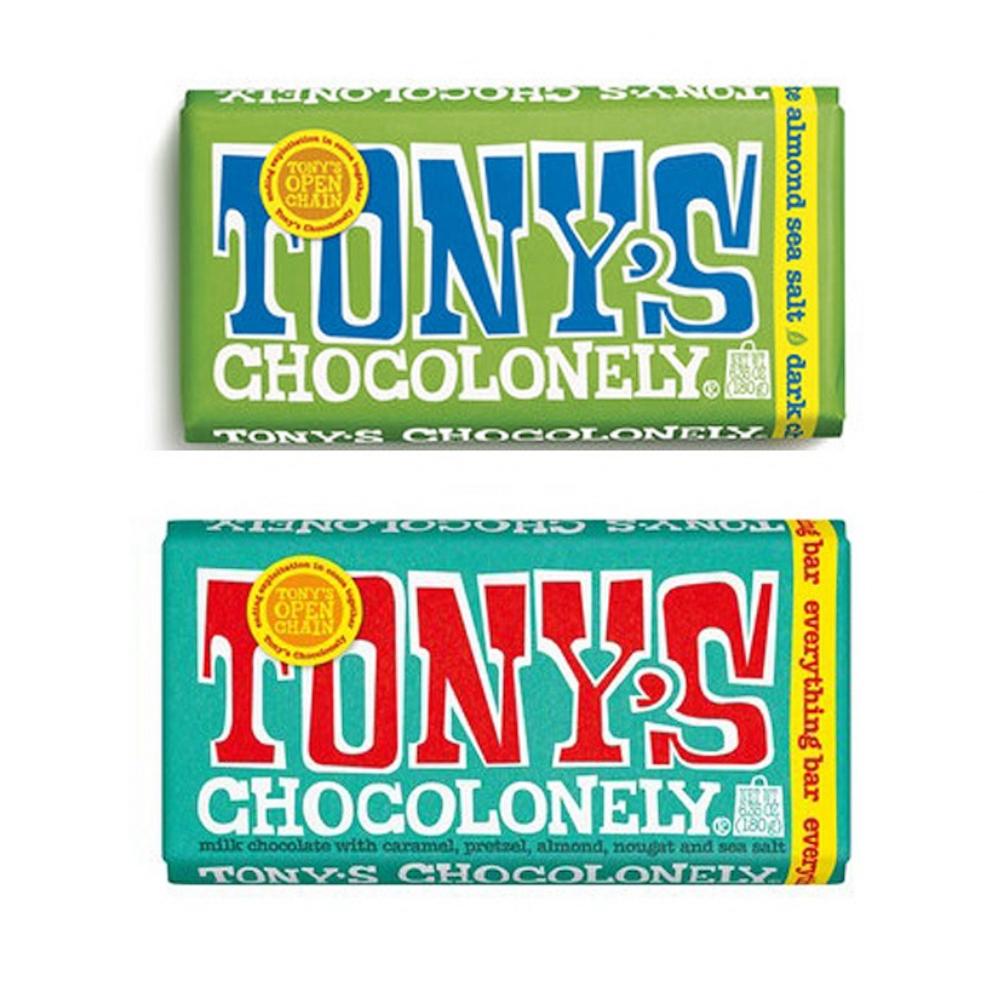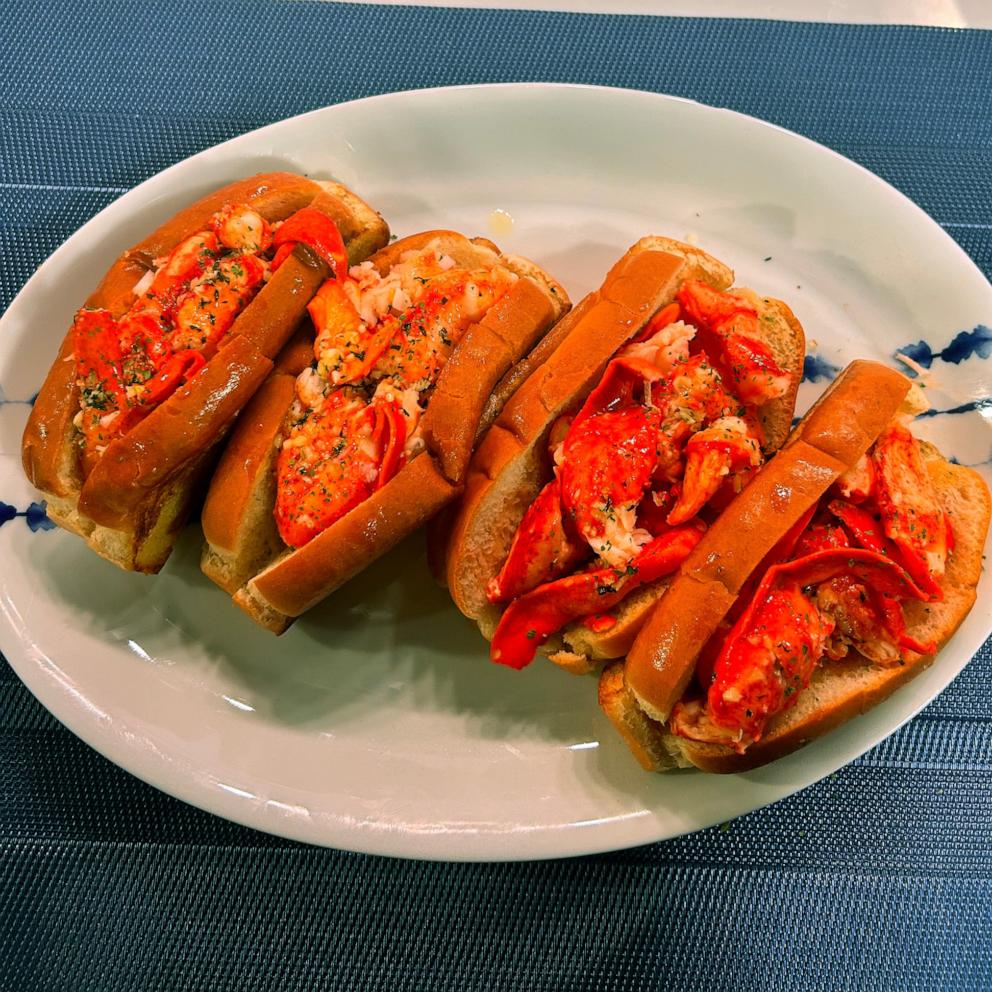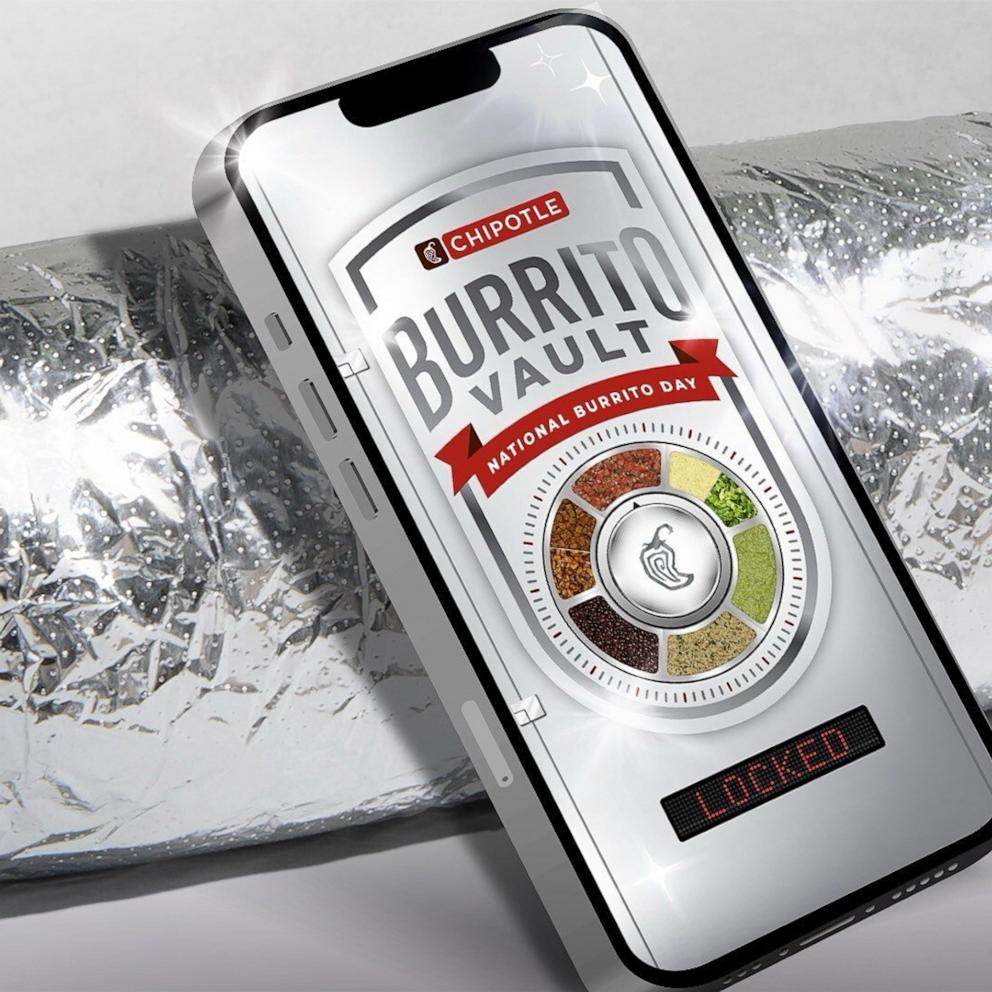Families, friends shop and split with 'bulk sharing' to save money on groceries

Families, friends, and even roommates are combining forces to create more savings on grocery products by buying in bulk and splitting the bill at big box retailers like Costco and Sam's Club.
The idea of "bulk sharing," as first reported by the Wall Street Journal, applies to the idea that's catching on with more American shoppers hoping to find any savings they can on everyday items.

Marissa Verna told "Good Morning America" that she shops and splits bulk items with her sister Jill.
"I don't need 40 bags of this toddler snack," Verna said, adding that's why she thought to ask her sister, "'Do you want to go halves on it and I'll send over 20 bags for you and I'll keep 20 bags and vice versa.'"
Verna added, "It's really also looking for the sale items as much as it is splitting the goods as well."

For Kristy Davies' family of five in New Jersey, it's a strategy that she said has helped reduce food costs by nearly $75 every week.
"I think just ease and convenience," she said.
Davies coordinates grocery runs to stores like Costco with her mom Janet and they split the bill afterward then divvy up the food, especially with things like fresh fruit.
"When I buy in bulk, sometimes it's too much. So I'll share it with Kristy," her mom said.
Before spending for herself at a regular store, Davies thinks back to when the last time one of them shopped at a warehouse retailer to decide, "is this something that I can wait and we can get at Sam's Club because I'd rather not spend that price from the grocery store if I can help it."

New government data has shown a stabilization in grocery prices after rapid increases from the COVID-19 pandemic that has continued over the past three years.
According to the USDA, the typical family spends about 11% of its disposable income on food, which is the highest level in three decades.
Hitha Herzog, Retail analyst and chief research officer of H Squared Research, warned that shoppers shouldn't assume that buying in bulk is always cheaper.
"For example, if your group are the type that would go and buy very expensive pre-wrapped charcuterie boards or pre-cut vegetables -- then you try to split that up -- the price that you are actually saving isn't that much relative to you just going and purchasing the vegetables or the meat on your own," Herzog said.







